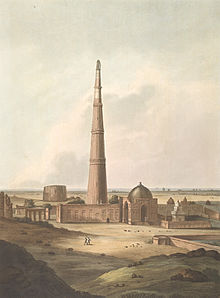I thought the Roman language was an antecedent for Etruscan.
The Romans have a close relationship to the Etruscans. The Etruscans were an older civilization, supposedly ultimately originating in Lydia in Anatolia, according to classic sources (this is backed up by genetic evidence that Tuscan cattle are closely related to cattle from the Anatolian highlands).
Rome early came under their tutelage. Their last 3 kings were perhaps Etruscan before becoming a Republic (Tarquinius Priscus and Tarquinius Superbus universally, Servius Tullius too according to Claudius). Some modern scholars think the first four kings are mythical and that Rome was in fact an Etruscan foundation.
The Romans adopted their Alphabet, slightly modified for Latin, as well as their numbers, from the Etruscans. A lot of the Roman gods and religious practices, like Haruspicy and the new Capitoline Triad, are of Etruscan origin. Many Etruscan words entered Latin early on, and some prominent Roman families, like the Claudii, are of Etruscan origin.
The Etruscans are essentially Rome's tutors (as Greece was to Macedon, say). They spoke a probably non-Indo European language, perhaps related to the native languages of Lemnos and Imbros in the Aegian. This is the Pelasgian hypothesis, that they represent an earlier strata of languages later displaced by Greek and Italic languages. This hypothetical family is called the Tyrsenian languages, after Tyrrhenians, another name for the Etruscans. They are all poorly attested, so it is a bit dodgy.
The Romans gradually conquered Etruria after driving out their last Etruscan monarch (with some reversals too), finally absorbing the Etruscans fully into the Roman body politic by 100 BC. The Etruscan language was completely replaced by Latin by the 2nd century AD.

